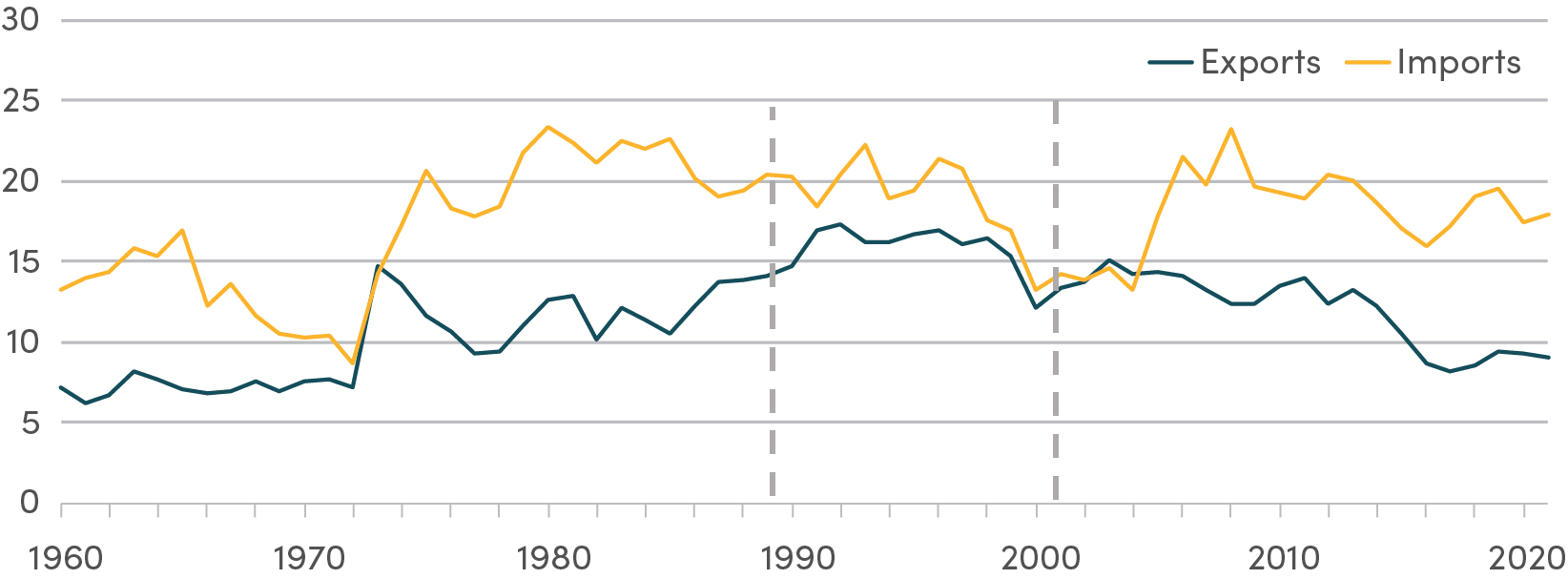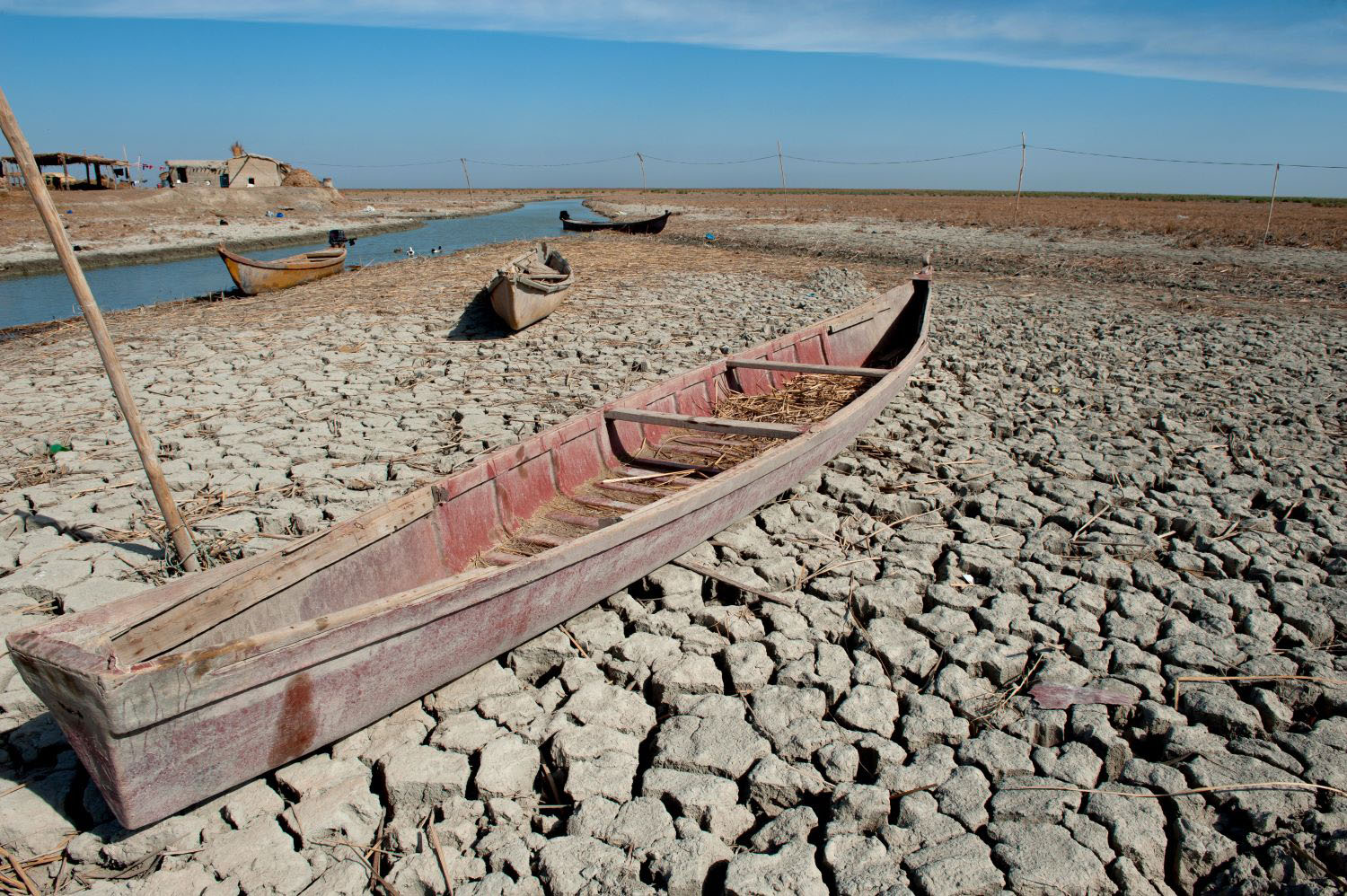Here’s a very simple idea to include income inequality in the post-2015 framework to succeed the Millennium Development Goals. I’ve talked about this before – podcasts here and here for example – but I seem not to have written it down. Here goes… your comments would be most welcome.
Two main objections have been raised (by the High Level Panel on Post-2015, for example) to including an income inequality target in the post-2015 framework. One is technical, namely the claim that there isn’t a good enough measure of inequality. I don’t take this very seriously. Is this one area of measurement too complex? Last year CGD held a high-level event dedicated to the issue, which had no shortage of proposed inequality measures – including the Palma and the median. The new economics foundation is currently working on a technical report to consider and rate the main possibilities, and much work has been done already across the UN system.
The other main objection is the idea that inequality is simply ‘too political’. One instinctive response to this is to point that setting global requirements for countries to prioritise, for example, child mortality (over say long-term infrastructure investment) is irredeemably political – and yet the MDGs managed it. Equally, the MDGs sought to impose a view of gender equality that could not be held as anything other than political.
So it’s tempting to view this objection as specious – perhaps an attempt to deflect from a more ideological opposition, in the face of broad consensus on the importance of tackling inequality. The point of consensus is important – not only do we see global figures like the Pope and the World Bank president Jim Kim, NGOs like Oxfam and ‘elite’ organisations like the World Economic Forum putting it top of the list, I’d guess that popular support globally for tackling income inequality is higher in 2014 than was support for tackling gender inequality in 1999 (I’d love to see data on this if anyone has it).
But writing off the ‘political’ objection as reflecting opposition to the consensus does not do it justice. For one thing, some of the people and countries for whom this objection has most resonance are themselves politically important in the post-2015 negotiations – so even if you disagree, it can’t be ignored. More substantively, we need to recognise (thanks to Owen Barder for convincing me of this) that income inequality is still contested (outside my bubble of right-thinking people, that is).
Notwithstanding broad consensus on the risks of income inequality today, there is a fundamental difference from – for example – concern with gender inequality. In the case of gender, the eventual consensus included, indeed it was and is entirely focused on, the idea of an explicit target of equality. In the case of income inequality, the broad consensus simply does not include such an agreed target. The best you might get would be something like ‘a bit lower, in most places, and quite a lot lower in some’. Agreement that (too much) income inequality is bad does not give rise to agreement on a target, whether in terms of a final level or as a rate of reduction.
So – there is a good chance that this argument will derail the possibility of agreeing an income inequality target in the post-2015 framework. If it didn’t, there’s a good chance that an agreed target might simply prove to be politically unpalatable in too many contexts. Rather than making concrete an emergent consensus as happened with gender equality in the MDGs, an ill-constructed income inequality target might weaken legitimacy of the whole framework.
This is a problem. At least, it is if you share some confidence in the evidence that income inequality undermines economic growth, blocks social mobility, inhibits children’s development, corrodes political representation or reduces innovation. Or think extreme income inequality inherently unjust.
So: here’s a proposed solution (file under: ‘not rocket science’). Let the post-2015 negotiators agree the inclusion of an income inequality target, where the target levels are to be set nationally. The last bit is the important bit, you’ll notice, and I’m hoping it would lead to three further things happening.
First, the claim that income inequality is too political or contested for post-2015 would lose its teeth in the debate over what goes into the framework, making it more likely that there would be a target.
Second, while no mechanism for national decision would be mandated globally, policymakers would face some competitive pressure to do this accountably (e.g. if the neighbouring country has a public consultation to set a target, how to justify not doing this? Or not setting an equally ambitious target?).
Third, a similar competitive dynamic might emerge over both the ambition of targets set, and the success or otherwise in progress towards a given target.
Overall, the approach could give rise to inequality targets with a higher level of public awareness and engagement, and hence of policymaker accountability, than otherwise. Making the income inequality target – well, political. And that’s a good thing, right?
Disclaimer
CGD blog posts reflect the views of the authors, drawing on prior research and experience in their areas of expertise. CGD is a nonpartisan, independent organization and does not take institutional positions.





